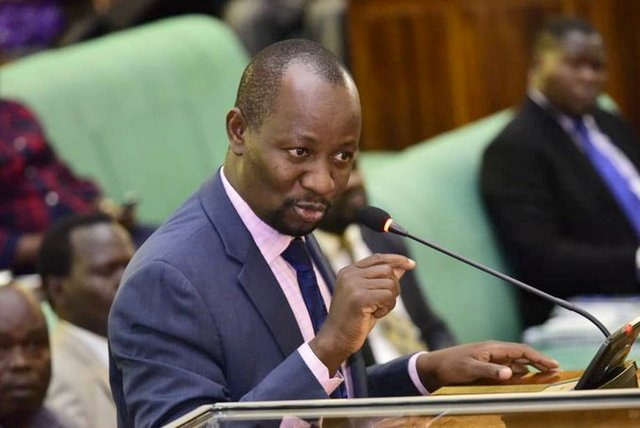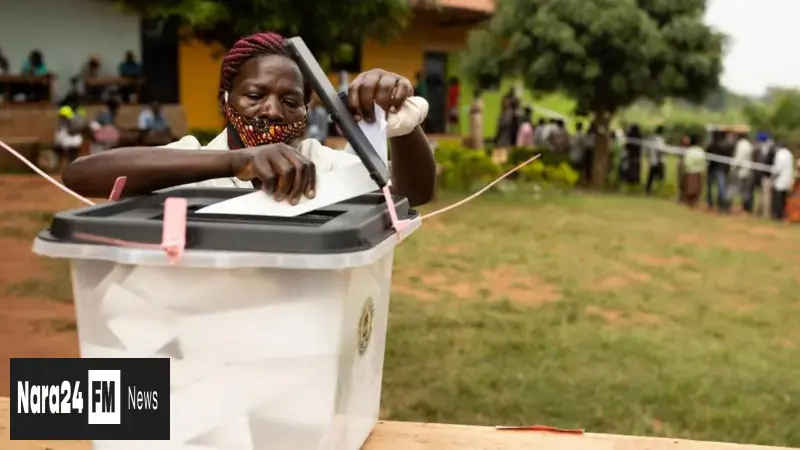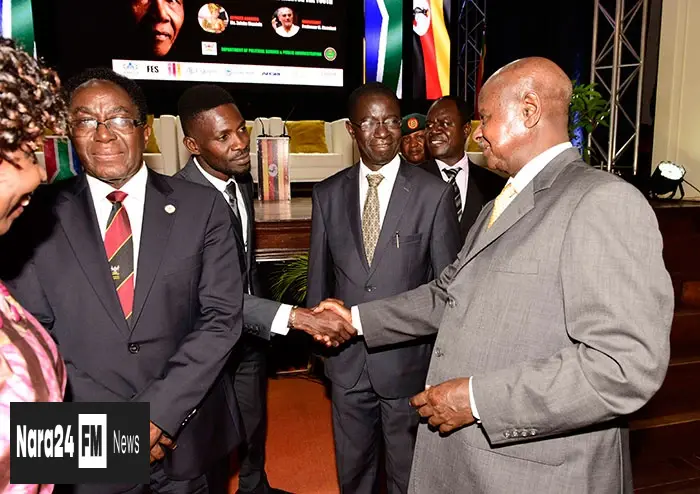Uganda's parliamentary opposition asserts that minority reports serve as indispensable democratic instruments despite facing systematic dismissal by the ruling National Resistance Movement (NRM) majority. These dissenting documents, formally recognized under parliamentary Rule 220(2), present alternative perspectives when committee members diverge on legislative matters.
Joel Ssenyonyi, Opposition Leader in Parliament, contends these documents capture viewpoints that would otherwise remain unheard: "Many NRM legislators privately endorse positions within minority reports but decline public support due to party loyalty. Their marginalization doesn't diminish their substantive value." Ssenyonyi highlights instances where opposition arguments have influenced parliamentary outcomes through this mechanism.
Kira Municipality representative Ibrahim Ssemujju Nganda offered concrete examples, including his recent dissent against government borrowing plans. "When the administration sought authorization for additional Shs 24 trillion in loans this year, our minority report warned of unsustainable taxpayer burdens and advocated redirecting funds to essential services like education," Nganda explained. He attributes the frequent disregard of such documents to what he characterizes as deliberate indifference from NRM leadership.
Related Policy Debates
Legislative Oversight Government Borrowing Parliamentary Reform
NRM officials acknowledge the theoretical importance of dissenting opinions but question their practical execution. Emmanuel Dombo, NRM Communications Director, stated: "The substance occasionally warrants consideration, but opposition members frequently employ unnecessarily confrontational language that diminishes their credibility. Diplomatic presentation would strengthen their case."
Dombo cited historical precedents where minority perspectives received serious consideration, noting: "Previous parliamentary sessions have incorporated dissenting views into final legislation, and even current proceedings demonstrate instances where alternative proposals gain traction."
The tension highlights broader questions about institutional effectiveness within Uganda's legislature. Parliamentary observers note that while minority reports fulfill constitutional requirements, their policy impact remains inconsistent. Critics suggest the mechanism risks becoming merely performative without genuine engagement from the majority party.
Democratic governance experts emphasize that robust minority report systems strengthen legislative bodies globally by compelling detailed scrutiny of proposals. In Uganda's single-party-dominated parliament, however, the practice faces distinctive challenges. The ongoing dispute underscores fundamental disagreements about whether dissenting voices meaningfully contribute to governance or simply satisfy procedural obligations.
As legislative sessions continue, opposition members vow to persist in filing minority documents despite resistance. "Documenting principled disagreement creates accountability," Ssenyonyi maintained. "History will judge the substance of our arguments regardless of current dismissiveness." The evolving role of these reports remains a critical indicator of parliamentary pluralism in Uganda's political landscape.
Reader Engagement








Comments (0)
Leave a Comment
Be the first to comment on this article!